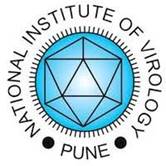Our Partners
Alliance for Pandemic Preparedness and Response
Our Focus
Engagement Tools
Our Partners
The APAR is developed in partnership with three institutions and supported by many other representatives from various organizations as partners to fulfill the vision and mission of this organization.
Developed in Partnership with
Sri Balaji Vidyapeeth (Deemed to be University)
Sri Balaji Vidyapeeth is a young Deemed-to-be-University, proud of its modernity, yet grounded in rich educational heritage. The University aims to excel in academic and clinical medicine; research and training; nurturing passion and enthusiasm into achievement and theoretical knowledge into evidence-based practice and research. Under its aegis, SBVU hosts 8 institutions for medical and advanced biomedical studies and 8 independent centers.

Penn State ABRL
Penn State’s Applied Biological and Biosecurity Research Laboratory (ABRL) was formed as collaboration between the Applied Research Laboratory and the Huck Institutes of the Life Sciences at the Pennsylvania State University. We build global capacity to proactively identify and mitigate health threats around the world, including those from naturally-emerging infectious diseases as well as man-made threats. Through collaborative research and innovation with our global network of partners, supported by Penn State’s global health security capacities, we support projects from basic science research through application, implementation and management.

Research and Information System for Developing Countries
Research and Information System for Developing Countries (RIS) is a New Delhi–based autonomous policy research institute that specialises in issues related to international economic development, trade, investment and technology. RIS is envisioned as a forum for fostering effective policy dialogue and capacity-building among developing countries on global and regional economic issues. The focus of the work programme of RIS is to promote South-South Cooperation and collaborate with developing countries in multilateral negotiations in various forums. RIS is engaged across inter-governmental processes of several regional economic cooperation initiatives. Through its intensive network of think tanks, RIS seeks to strengthen policy coherence on international economic issues and the development partnership canvas.

With the Support of Representative of the Organization
African Union Development Agency
AUDA-NEPAD is part of the global reforms geared at improving the Union’s impact and operational efficiency. The mandate of AUDA-NEPAD is to Coordinate and Execute priority regional and continental projects to promote regional integration towards the accelerated realization of Agenda 2063 and Strengthen the capacity of African Union Member States and regional bodies, advance knowledge-based advisory support, undertake the full range of resource mobilization and serve as the continent’s technical interface with all Africa’s development stakeholders and development partners.

Health Innovation Exchange
The Health Innovation Exchange (HIEx) is a vibrant and neutral facilitator that brings together innovative solutions for health, particularly in the global South. As a multilayered platform, it connects countries and systems, identifies their health-specific priorities or challenges, and works to ensure that investments are channeled to support high-potential innovations for health that help countries move towards impact for the SDGs.
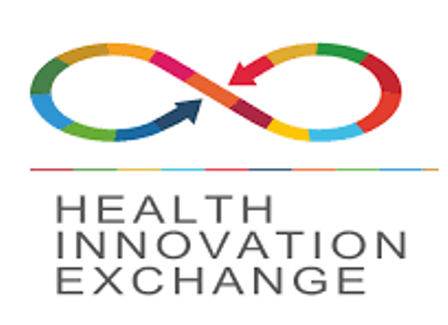
Biorisk Association of Singapore
Biorisk Association of Singapore, a nonprofit organization serves to foster the development and recognition of Biorisk management as a profession, promote safe management of biological materials, provide a key platform for knowledge-sharing in biorisk management, facilitate collaboration within the local and international biorisk management groups/associations, promote education in biorisk management and promote applied biorisk research.
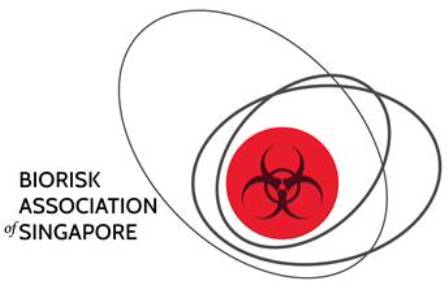
Michigan State University
Michigan State University has been advancing the common good with uncommon will for more than 160 years. A top global university, MSU pushes the boundaries of discovery to make a better world while providing students with life-changing opportunities.

International Livestock Research Institute – India Chapter
The International Livestock Research Institute (ILRI) works for better lives through livestock in developing countries. ILRI is co-hosted by Kenya and Ethiopia, has 14 offices across Asia and Africa, employs some 700 staff and has an annual operating budget of about USD80 million. ILRI in India has prioritized a number of key areas to: link smallholder farmers to the market in response to rising demand for livestock products; manage food safety and health risks associated with livestock; and assist smallholder and landless farmers in diversifying livestock production.

Association of Biotechnology Led Enterprises
Association of Biotechnology Led Enterprises – ABLE is a not-for-profit pan-India forum that represents the Indian Biotechnology Sector. ABLE has over 400 members from all across India representing all verticals of the sector like Agribiotech, Bio-pharma, Industrial biotech, Bioinformatics, Investment banks and Venture Capital Firms and Equipment Suppliers. The primary focus of ABLE is to accelerate the pace of growth of the Biotechnology sector in India, through partnering with the Government in their biotechnology initiatives to deliver optimal policies and create a positive attitude.

Tamil Nadu Veterinary and Animal Science University
Tamil Nadu Veterinary and Animal Science University is a Tamil Nadu State Veterinary University that impart education and conduct high end R&D on veterinary sectors.
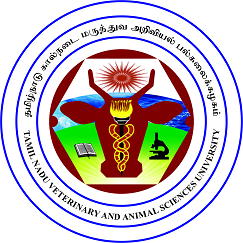
The Energy and Resource Institute
Formerly the Tata Energy Research Institute, The Energy and Resources Institute (TERI) is independent, multi-dimensional organization, with capabilities in research, policy, consultancy and implementation. TERI are innovators and agents of change in the energy, environment, climate change and sustainability space, having pioneered conversations and action in these areas for over four decades.

The Roslin Institute
The Roslin Institute of University of Edinburgh is a world-leading institute for animal science research. It aims to enhance the lives of animals and humans through world class research in animal biology. Dolly, the first mammal cloned from an adult cell and the world’s most famous sheep, was born on 5 July 1996 at the Roslin Institute.
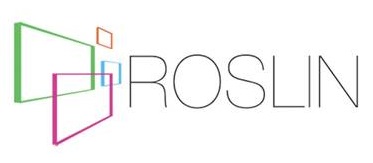
National Institute of Virology
The National Institute of Virology is one of the major Institutes of the Indian Council of Medical Research (ICMR). The institute performs extensive R&Ds on infectious viruses and host nations only high containment BSL4 facility, the alone of South East Asia also.
